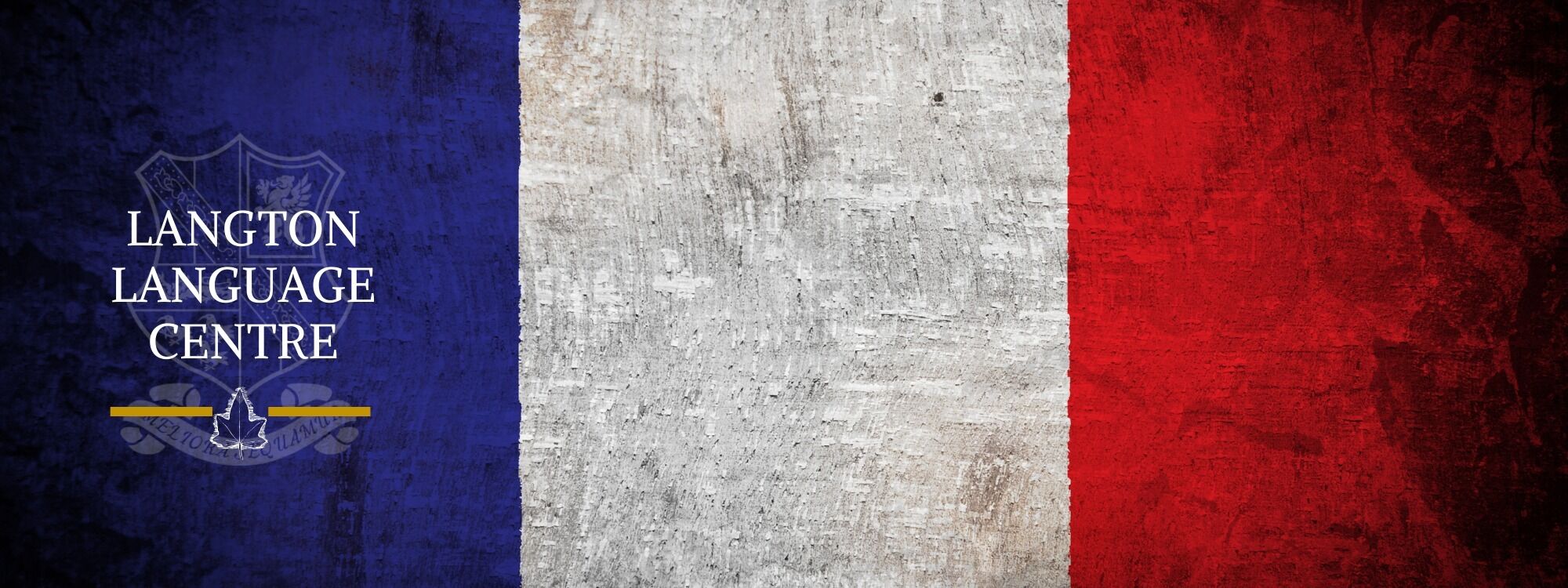
French
“One language sets you in a corridor for life. Two languages open every door along the way.” – Frank Smith
By delivering a high-quality education in Modern Foreign Languages, we equip our students with the opportunity to stand out from the crowd and thrive in an increasingly globalised world.
We provide an ambitious and creative curriculum which equips students with skills for languages for life. The promotion of independent learning and teamwork inspires students with the confidence to pursue their studies and enables them to gain linguistic and transferable skills. Encouraging our students to excel by challenging themselves to reach further, through risk taking, instils a sense of resilience, so essential for future success in all fields.
Our programmes of study place an importance on languages for all through enculturation, fostering an appreciation of diversity and a passion for the world that we share. Effective links with English grammar ensure that our students value their language as a medium to appreciate another. Through this awareness of language structure, students gain the knowledge to apply skills across the curriculum, such as analysis and evaluation of different sources and data, metacognitive strategies and memory techniques.
The journey starts in Key Stage 3, where students learn a first foreign language, and then apply their emerging linguistic skills to an accelerated second foreign language course in year 8. We are proud of our commitment to languages for all at Key Stage 4 and students continue their language journey through to Key Stage 5, leaving with the ability to communicate confidently and fluently.
At the Langton Language Centre, it is our ambition to continue to cultivate confident linguists for the 21st Century, not only with our three main curriculum languages, but also with an array of other world languages and extra-curricular opportunities, a truly unique offer stretching way beyond traditional MFL curriculums.
“If you talk to someone in a language they understand, that goes to their head. If you talk to them in their language, that goes to their heart.” – Nelson Mandela
Minimum Entry Criteria
Essential: 7 in French
Board
Eduqas
Outline of the Course
- Component 1: Speaking – This component comprises of 2 parts. The first part is a discussion on a topic chosen by the student. The second part is based on a stimulus card on one of the themes covered at A level and ensuing discussion
- Component 2: Listening, reading and translation – Students will be asked to transfer meaning from a number of audio texts and reading texts through multi choice questions, gap filling and question and answer type responses. The translations include translating one text from English to the assessed language and another from the assessed language to English
- Component 3: Critical and analytical response in writing – Students will be asked to write two essays based on a text and/or a film which has been studied in class
- Components include the following topics: culture and heritage in the Francophone world, diversity and difference, contemporary youth culture and France 1940-1950 The occupation and post war years
- Texts and films – Le silence de la Mer (novel) and Les Choristes (film)
Assessment
Type of Assessment |
Duration |
Weighting |
|
1 |
Examination: Oral assessment – discussion on chosen topic followed by discussion based on a stimulus card |
21-23 minutes |
30% |
2 |
Examination: Listening, reading and translation from target language to English and English to target language |
2 hours 30 minutes |
50% |
3 |
Examination: Writing assessment – based on texts or film |
2 hours |
20% |




